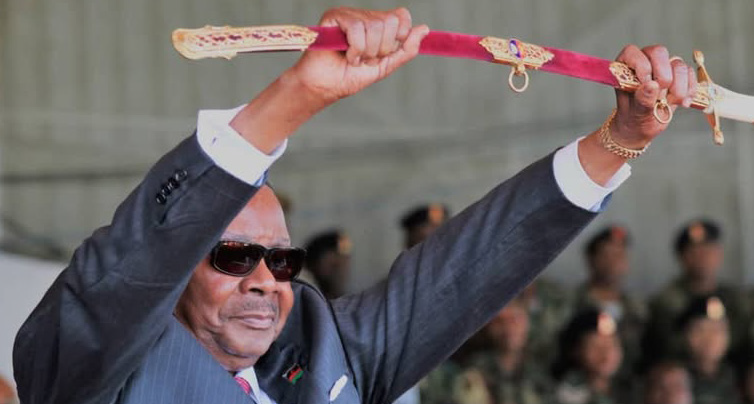The legislative lobotomy: A dispatch from Nyasaland’s Chamber of Echoes
By John Citizen
Dear Judge Mbadwa,
I watched the five-day orientation for Nyasaland’s newly elected Members of the Legislative Assembly with a familiar, sinking feeling. Experts dispensed wisdom, slides flickered, and enough coffee was consumed to fuel a small state economy. The mood was artificially hopeful: that fresh-faced legislators might be moulded into critical thinkers capable of steering the nation toward better days.
Hope, I concede, was not entirely misplaced. The chamber boasts promising minds and individuals I admire. I had dreamt of a few more renaissance types: the bluntly honest Abayu Yakobo Stallone; the indefatigable Gilibati Iwe, whose optimism hums like a portable generator; the polished Atawo Siamilandu, seasoned by global circles; and the steady Felike Njalayawawa, as grounded as the leafy friend from Simphasi. On paper, this assembly is well-stocked with national talent, poised to scrutinise and legislate.
But Nyasaland’s representative democracy carries a dark fine print which no orientation manual dares print. What is taught in training rarely survives the party caucus. Critical thinking, it turns out, is a luxury item with a shelf life that expires precisely when the party whip is cracked.
The true initiation begins not in the chamber, but behind closed doors. Here, the brilliant campaigner—celebrated just weeks ago for their independence—checks their conviction, like a coat, at the threshold. In exchange, they are issued a synthetic party script and, metaphorically, fitted for the dunce cap .
The rooms hum not with debate, but with rehearsal. We watch as sharp minds morph into parrots, reciting talking points with the precision of boot camp recruits. Promises of rigorous oversight dissolve into choreographed speeches and engineered votes. Debate becomes a procession of cushions for leadership, not a contest for the public good.
The role of the legislator is violently simplified: from serving constituents to merely functioning as a reliable, programmable voting machine for the Executive or the opposition benches.
And the so-called independents? Many are mislabelled. They emerged not from pulpits of principle, but from the wreckage of party primaries. These are bruised aspirants still tethered to the parties that rejected them. They are, in essence, unstable satellites of partisan mediocrity.
Is it all doom and gloom? Perhaps not. We still have the Abayus, the Njalayawawas, and a handful of principled oddities. These are the ones who, I believe, will resist the dunce cap because their convictions are stitched into their bones. Kapena ndadya mfulumira? Perhaps I’m just hopelessly naive. But they are our rays of hope.
We need representatives of real clout who would be willing to test, prod, and, yes, embarrass their own benches when necessary.
So farewell, bright-thinking new legislators—at least until the next cycle. By the time some retrieve their lobotomised autonomy from the cupboard of partisan comfort, the electorate will already be window-shopping for the next hopefuls.
Democracy will have recycled its own disappointment.
Good luck, citizens. Keep your wits charged and your questions loud.
Yours in civic duty,





